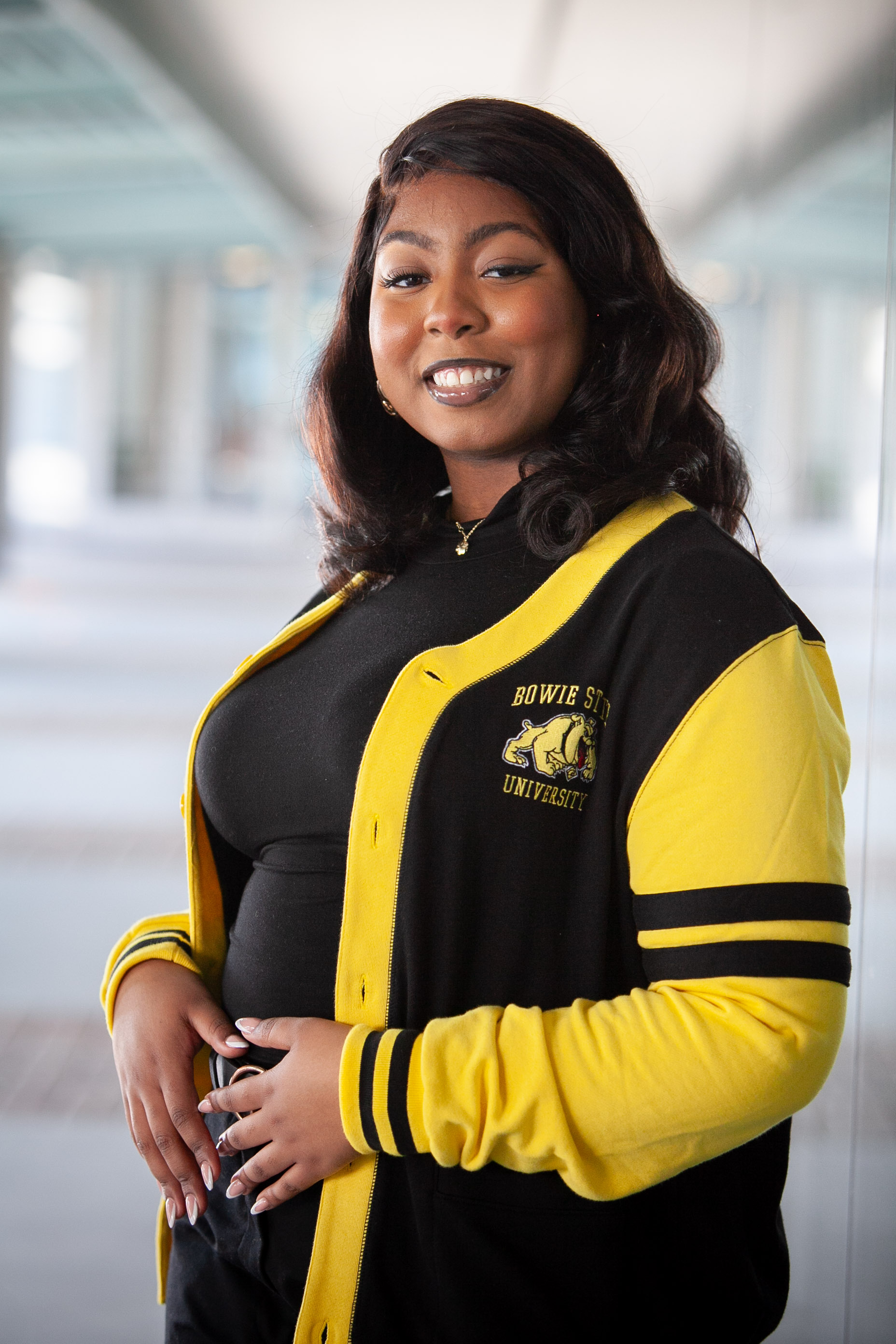Pomp and circumstance.
Loans and debt.
As the class of 2024 celebrate their college graduations, more than 43 million of them leave school with a total national debt of more than $1.6 trillion. Some are on better financial footing than others – with no debts as they start their careers – because of early financial and credit education.
These learnings fueled ideas for students from Historically Black Colleges and Universities (HBCUs) who competed in this year’s #IYKYK Pitch Competition (If You Know You Know), sponsored by HomeFree-USA and Experian. The challenge: to create solutions that help their peers become debt-free within five years of graduation.
Here, finalists share some advice for graduates on how they can start their post-collegiate lives on solid financial footing:

OLUWATOSIN OYEKEYE, Alabama State University
You’re not too young. I feel like most people think it’s until you’re married or you have kids before you should take your financial life seriously. From your first couple of first paychecks, look into where you can invest. If you don’t want to live from paycheck to paycheck, look for ways to grow your money. Take your credit seriously. If you want to own a home, you want to buy a car, these things are important. It’s not too early, it’s also not too late to start taking these things seriously.

JAZMIN FELIZ ORELLANA, Bowie State University
You don’t have to start off with a credit card with a $10,000 limit. You can easily start off with a secured credit card. And that’s actually one of my biggest pieces of advice. Get a credit card, be mindful with it, don’t spend, don’t max it out, but definitely just practice and start using it to see if you’re actually able to maintain your credit. That’s a piece of advice that definitely has worked with me, especially with building up my own credit, which I hope to get soon to 800.

MARCUS HARRIS, North Carolina A&T University
Always go out and explore opportunities that could first boost your credit and put you in a more financial-free state. For example, with Experian, they have an Experian Boost program that when you’re in school, if you have rent, you rent an apartment, you could apply that. Or even the Netflix subscription, you can apply that to the Experian Boost program and therefore you can help build your credit over the time.

TAYLOR PAYTON, Bowie State University
To college students who are about to graduate, once they get that job offer with a lot of zeros behind it, be mindful of lifestyle influences. Just because you’re making a certain amount of money does not mean you have to spend all of it. Be mindful not to keep up with the Joneses.

CHIOMA KALU, Alabama State University
There’s something my sister used to say. She used to say, “Pay now, play later. Or if you play now, you pay later.” I feel like if they focus during their youth when they can really do these things and really go out there, do the jobs, focus on paying off everything, getting that financial literacy, getting that financial freedom, and then at age 30 you’re already set up for life. That makes more sense than just going through life, just ballin’, and then at the end of the day, if you have to pay when you’re like 60? You’re still paying student loans? Come on, now.

CALVIN CHARLES III, Bowie State University
Do not get caught up in social media. Just because you want to live in the city doesn’t mean that that’s what you have to do. And there’s nothing wrong with roommates. They can allow you to reach your actual goals. Every meal does not have to be eaten out. Social media creates a lifestyle that you wish to live, and living in that moment is great, but you have to think about your future and building that wealth for yourself directly afterwards.
All of these students were part of the Center for Financial Advancement Credit Academy. To learn more about this program that supports HBCU students, click here.